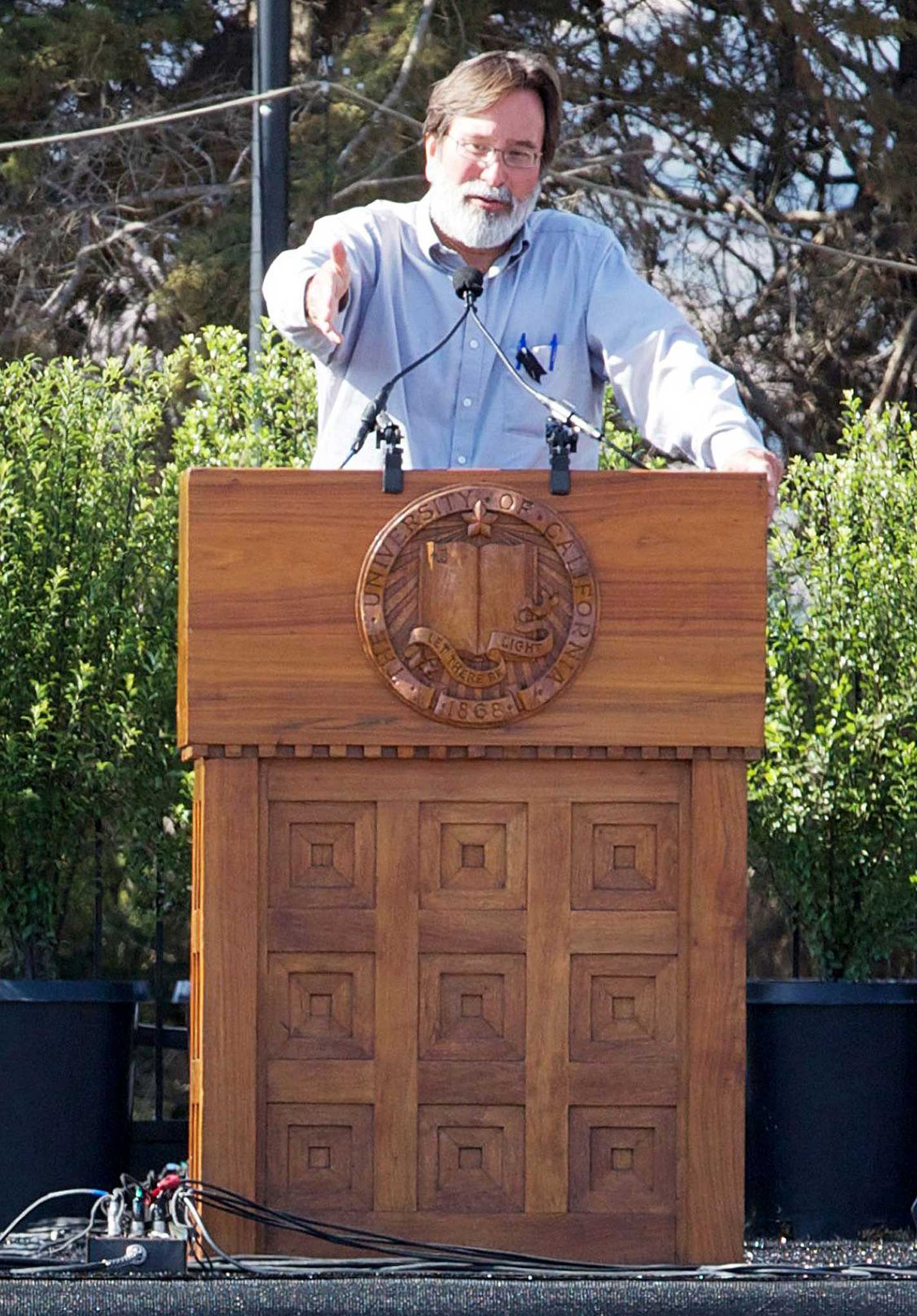Father of one of Elliot Rodger's victims calls for people to use postcards to tackle gun crime
In an age of online 'slactivism', paper can still pack a punch, finds Gillian Orr

Since his 20-year-old son was killed last week in Elliot Rodger's gun and knife rampage in California's Santa Barbara, Richard Martinez has delivered a series of emotional and rousing speeches castigating those who he deems responsible.
"Why did Chris die? Chris died because of craven, irresponsible politicians and the NRA," Martinez cried, his voice cracking with anger and grief. "And they talk about gun rights. What about Chris's right to live? When will this insanity stop?"
After angrily attacking the establishment's failure to pass gun-control laws, he then spoke of his intention to ask as many people as he could to send a postcard to Washington bearing the words "Not one more" [person should die because of America's gun laws].
"People are looking for something to do," he said. "I'm asking people to stand up for something. Enough is enough."
A postcard protest might appear a rather soft approach, but in the age of online "slacktivism", where, instead of raising their voices, people merely click a link online, is inundating powerful players with physical messages asking for change perhaps more effective than it sounds?
Last year, Jessica Grady from Chicago started a project called "Love Letters to Russia" to protest against the country's anti-LGBT laws and to show support and solidarity to the Russian people ahead of the Winter Olympics in Sochi. But instead of attacking Vladimir Putin, activists were urged to send postcards with a positive message, while clearly stating their demands.
"I wanted to do something physical," says Grady. "It's easy to hit 'Like' or 'Share' but putting words on paper takes time, effort and thought. Hashtags don't make change. People make change. It allows for active rather than passive involvement. I wouldn't want to discourage anyone from any type of involvement, but I think it's important to get off the internet and actually do something. Sharing may be caring, but it's not changing the world. For me, it's important to connect with real people."
And it's not only issues of national or international importance that can incite activists to put pen to postcard to raise a point – seemingly lesser concerns can also be raised using postcard protests.
Members of Senior Voice, a group that speaks out for older citizens' worries in Devon, sent postcards to Downing Street last year to protest against plans to privatise the Royal Mail. Naturally, the fact that they used the service to deliver their protest only made it all the more effective.
And if you really can't get down the Post Office to send a card, some agencies will allow you to turn your texts into a postcard. When "hooliganism" charges were brought against Azerbaijani photojournalist Mehman Huseynov in 2012 for documenting human-rights violations, Amnesty invited those concerned to text in messages of support which they then turned into postcards themselves to send to the jailed 23-year-old. He has since been released.
But not all protests are meant to result in hard action; sometimes they are merely intended to give a voice to the masses. "We never expected Vladimir Putin to kick up his feet and read our letters," says Grady. "It was a protest to say that you may try to silence our friend but you can't change us. Our main goal was posting the cards so that our Russian friends could read them and know that they have our support. I think we did make a difference because we brought people together and were able to connect."
Despite Richard Martinez's plea for physical postcards, though, his message has been eagerly picked up by users of Twitter and #NotOneMore has been tweeted tens of thousands of times. Regardless of the medium, the message is getting out there.
Subscribe to Independent Premium to bookmark this article
Want to bookmark your favourite articles and stories to read or reference later? Start your Independent Premium subscription today.

Join our commenting forum
Join thought-provoking conversations, follow other Independent readers and see their replies